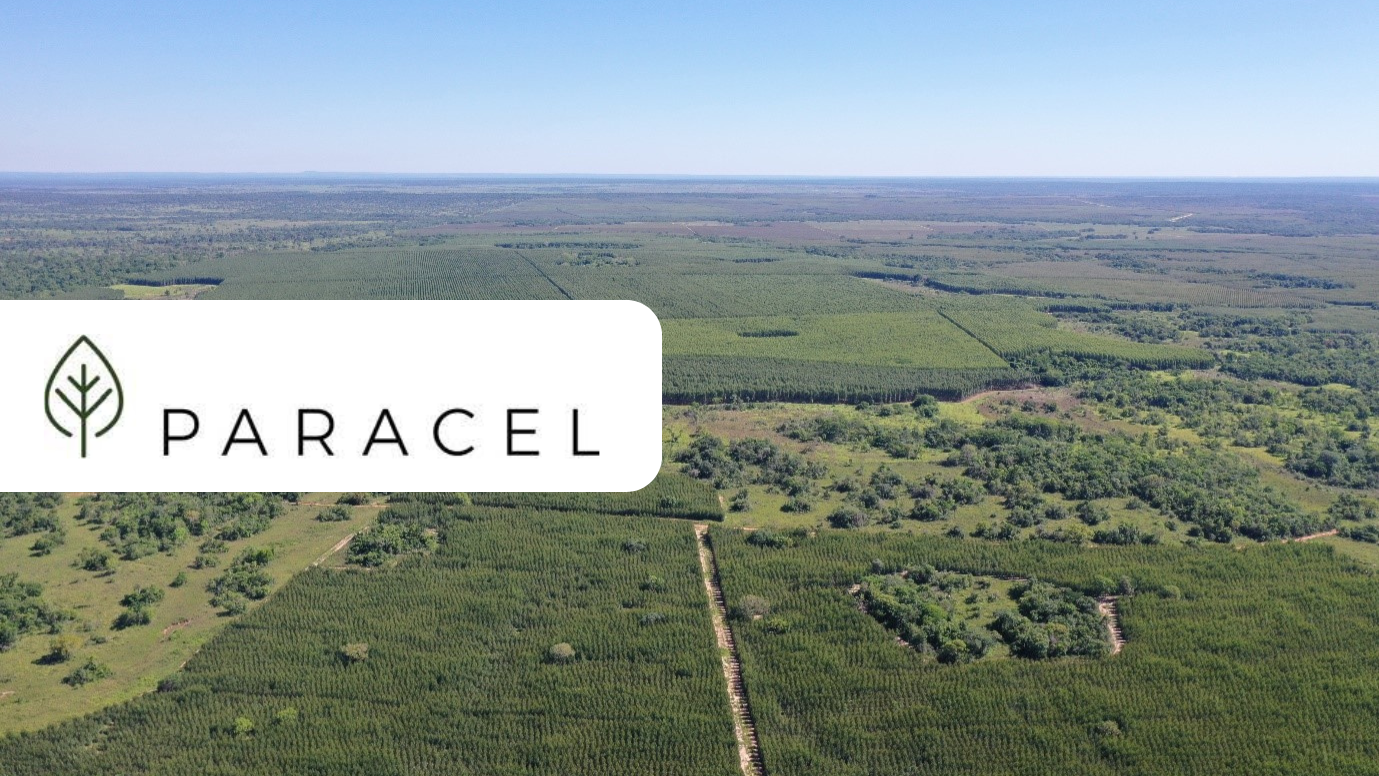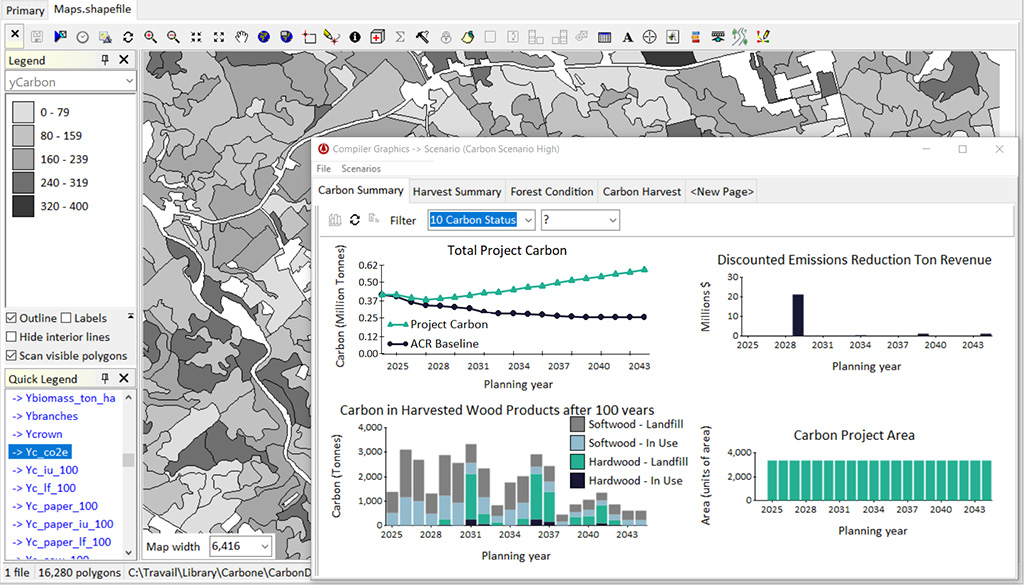Date and Publication
2016: Forests, published by MDPI, Vol. 7, Iss. 7, 128.
Authors
Edwin Corrigan and Maarten Nieuwenhuis
Paper Summary
This research predicts impacts on forest management of climate change and dynamic timber prices by incorporating these external factors in a Forest Management Decision Support System.
Forest managers must comply with Sustainable Forest Management practices, including considering the long-term impacts that climate change and the bioeconomy may have on their forests and their management. This study aimed to incorporate the effects of climate change and dynamic prices in a Forest Management Decision Support System that was developed for Ireland’s peatland forests, and analysed the impact of global climate and market scenarios on forest management and forest composition at the landscape level.
A linear programming model was developed for Ireland’s Western Peatland forests while using Remsoft’s Woodstock optimization analytics software. Data from Climadapt, which is an expert-based decision support system that was developed in Ireland, were used to include CC effects on forest productivity and species suitability. Dynamic market prices were also included to reflect the changing demands for wood fibre as part of the European Union and global effort to mitigate climate change.
The research found that dynamic pricing will likely have more impact on harvest patterns, volumes, and net present value than climate change. Higher assortment prices, especially for pulpwood, stimulate the harvesting of forests on marginal sites and off-set some of the negative climate change growth impacts on forest profitability.
Researchers concluded that incorporating climate change and bioeconomy prices in a forest decision support system is feasible and recommendable. Foresters should incorporate the expected global changes in their long-term management planning to mitigate the negative effects that un-informed management decisions can have on the sustainability of their forests.



